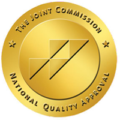What is a medical detox center, and how is it different from other detox facilities? If you or someone you care about is considering taking that first step toward addiction recovery, learning all you can about the medical intervention process of detoxification is essential.
Detoxification is the natural process of ridding the body of addictive substances. However, a professional detox program, sometimes called medical detox, involves using medication-assisted treatment (MAT) to safely manage substance withdrawal symptoms — such as substance cravings or extreme pain or discomfort — that accompany the detox process.
Not every patient will need MAT, but it’s good to have the option available when undergoing detox. Looking for a medical detox program in California? Contact Avedis Recovery by calling 833.514.0579 or reaching out to our team online.
What Is Medical Detox?
As mentioned earlier, medical detox is simply detox that MAT helps. Sometimes, even being under 24/7 professional supervision may count as medical detox. Medications given to patients during detox are not always FDA-approved drugs that need a prescription. Sometimes, over-the-counter (OTC) medication like loperamide for diarrhea or acetaminophen for headaches can easily manage substance withdrawal symptoms.
When someone becomes dependent on a substance, the removal of the substance in their body can cause behavioral, physical, and psychological symptoms, such as the following:
- Anxiety
- Depression
- Diarrhea
- Fatigue
- Hallucinations
- Headaches
- Insomnia
- Irregular heartbeat
- Nausea or vomiting
- Shaking
- Substance cravings
- Sweating
Medical detoxification provides a safe environment for detox to happen. If necessary, patients in a medical detox center receive medication or other medical interventions to relieve any pain or discomfort they feel. While medication can’t help patients avoid all withdrawal symptoms or prevent them from occurring, it can make detox easier and safer to get through.
Why Is Getting Admitted to a Medical Detox Program Better Than Detoxing Alone?
Some patients may think that going through withdrawal pains is punishment for everything they’ve done while addicted. They may even believe that being unable to deal with the discomfort of detoxification is a sign of weakness. These are all untrue. Withdrawal symptoms cause real pain and can even be life-threatening. For safety reasons, undergoing detox while under medical supervision is best. It’s always a good idea to be surrounded by people concerned about your health and well-being who want to help you recover.
Medical detox programs help patients focus on getting sober. When undergoing detox at a medical facility, there’s less chance that a patient will give up and start using an addictive substance again. MAT can also help patients get through the discomfort and pain of withdrawal. And when a patient is already at a treatment center, it’s easier to transition from detox to further treatment — such as addiction therapy. These are the reasons why getting admitted into a medical detox program is better than deciding to undergo detox alone.
It’s essential to understand that detoxification doesn’t address the root cause of addiction. It also doesn’t teach patients how to maintain their sobriety. Detoxification is simply a starting point, not a cure, and certainly not the end of addiction treatment. Patients must be admitted into an addiction treatment program to learn how to change their addictive behaviors.
What Can Patients Expect from Medical Detox Programs?
Medical detox programs typically involve three components, which are the following:
- Evaluation: Patients who are admitted into a treatment facility will undergo assessment and evaluation. This can include an intake interview, several medical tests, and a comprehensive look at a patient’s medical history and addictive behaviors. This stage aims to determine the best way to support the patient’s detoxification process.
- Stabilization: The process of detoxification happens at this point. A patient will be supported by the facility’s staff, following an individualized treatment plan. This can last anywhere from a few days to a few weeks, depending on the addictive substance and the intensity of the patient’s addiction.
- Transition into longer-term addiction treatment: Detoxification is just the beginning of a patient’s recovery journey. Further treatment can increase patients’ chances of sustaining their sobriety and avoiding relapse. Great medical detox centers will prepare patients for the next step in their recovery journey and recommend which path to take — long-term residential treatment, outpatient care, or something in between.
Ready To Learn More About Avedis Recovery’s Detox Options?
Are you looking for a medical detox center in California? Contact Avedis Recovery by calling 833.514.0579 or reaching out to our team online.









